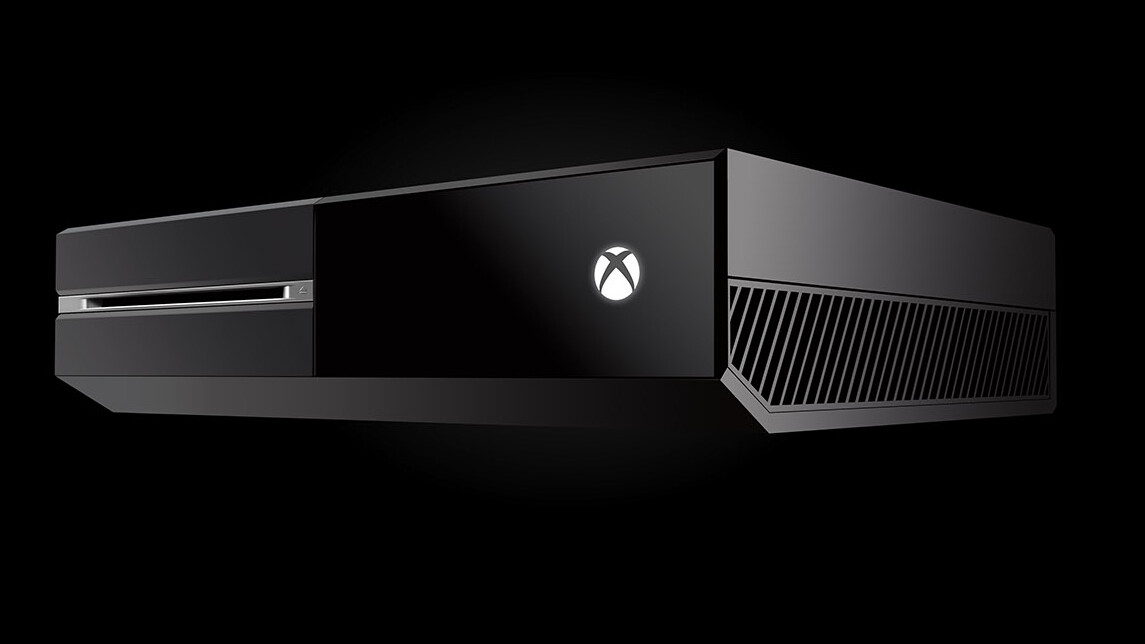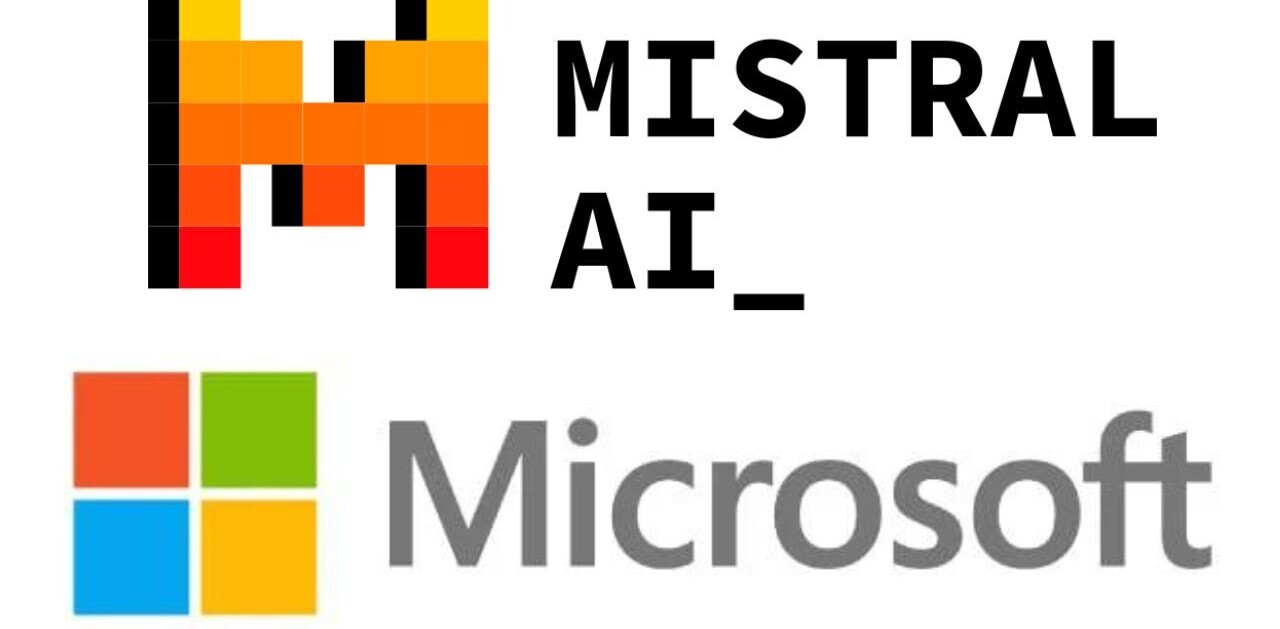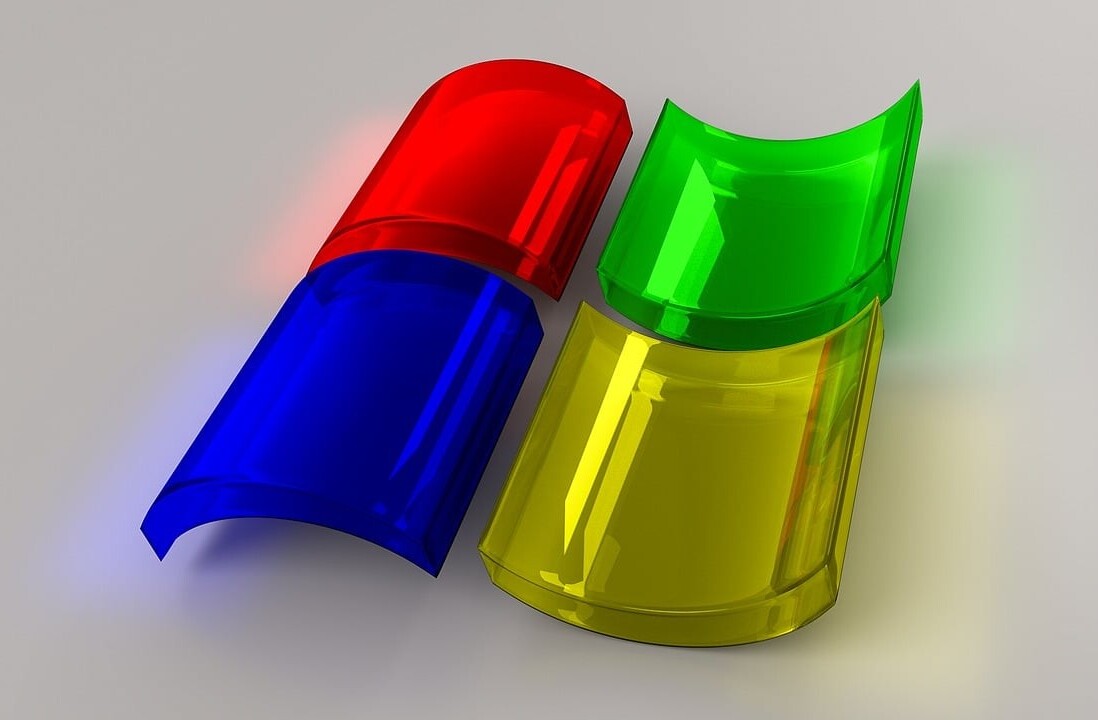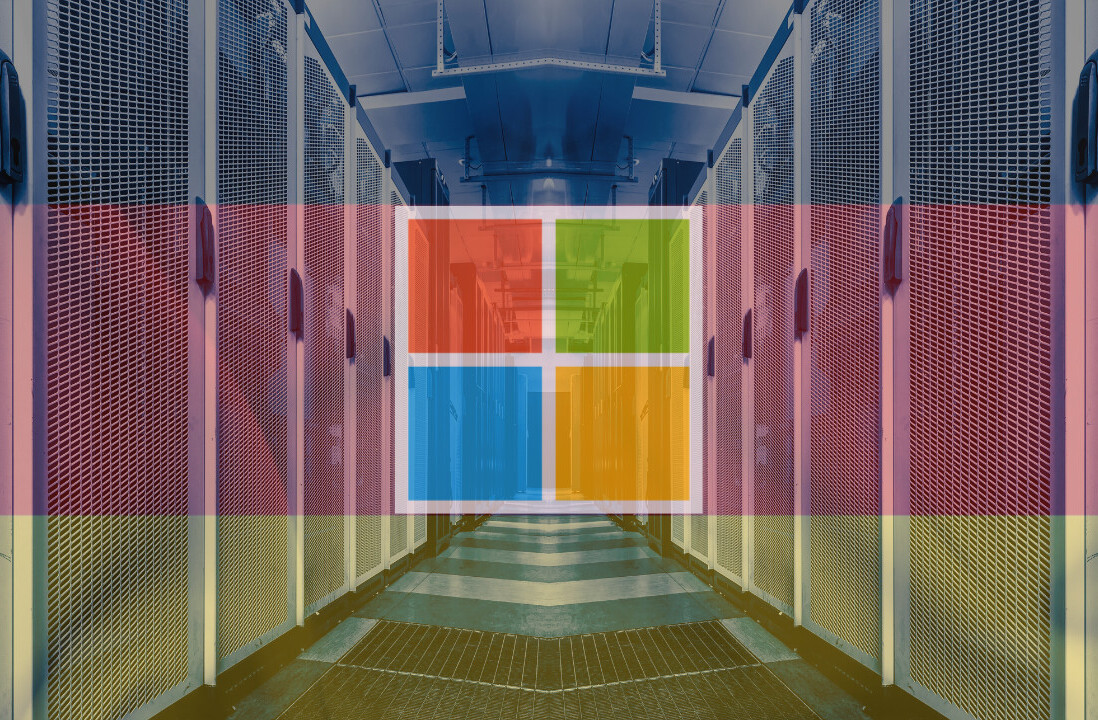
Players won’t have to pay an activation fee in order to play pre-owned games on the Xbox One, according to reports by Eurogamer and MCV. The stores who sell them will.
MCV cites numerous retail sources who say they have been briefed by Microsoft about how the new system will operate. Brick-and-mortar stores will be required to register a game as being ‘traded in’ by using a dedicated system offered by Microsoft.
The title is then wiped from the user’s account, which could be the reason why the Xbox One needs to be connected to the Internet at least once every 24 hours.
To sell the game pre-owned, the store then has to pay an activation fee. Eurogamer says Microsoft hasn’t specified what this is yet and hence much of the confusion circulating on the Internet at the moment.
Regardless, the activation fee will be split in two; part of it going to Microsoft and the remainder to the publisher. Such a system sounds unnecesarily complex, but it makes sense on multiple fronts. Microsoft is looking for any additional revenue that can be sourced from trade-ins, and taking a cut from second-hand games seems a good place to start.
Meanwhile, publishers are worried that they’re losing vital business as crowdfunding platforms such as Kickstarter continue to grow, as well as direct digital distribution on PC by indie studio. Taking a cut on pre-owned, physical games will help to fill the gap left by changing consumer and developer behavior.
How will this affect me, the gamer?
If true, the effect of such a system is two-fold. By handing a cut to Microsoft and the publishers, retailers will be forced to increase the price of pre-owned games. Consumers, as a result, will still pay some form of activation fee, albeit indirectly.
The higher price-point for pre-owned games will also cause sales of such products to slow. Players will buy less of them, choose to pay for a new edition, or simply wait until a new copy drops to a price that they’re comfortable paying.
All of this plays into Microsoft’s hands. Hardware manufacturers and publishers want to kill the pre-owned market as quickly as possible; or find a way to earn a share of the profits. It also means that Microsoft will likely be able to change the cost of the activation fee depending on its impact.
After all, Microsoft would be wise not to choke a valuable source of revenue for brick-and-mortar stores. Doing so might jeopardise their very existence and as a result, reduce the opportunities for consumers to buy new copies of their latest console and games.
Update: “The ability to trade in and resell games is important to gamers and to Xbox,” Larry ‘Major Nelson’ Hryb said in a statement. “Xbox One is designed to support the trade in and resale of games. Reports about our policies for trade in and resale are inaccurate and incomplete. We will disclose more information in the near future.”
Get the TNW newsletter
Get the most important tech news in your inbox each week.





